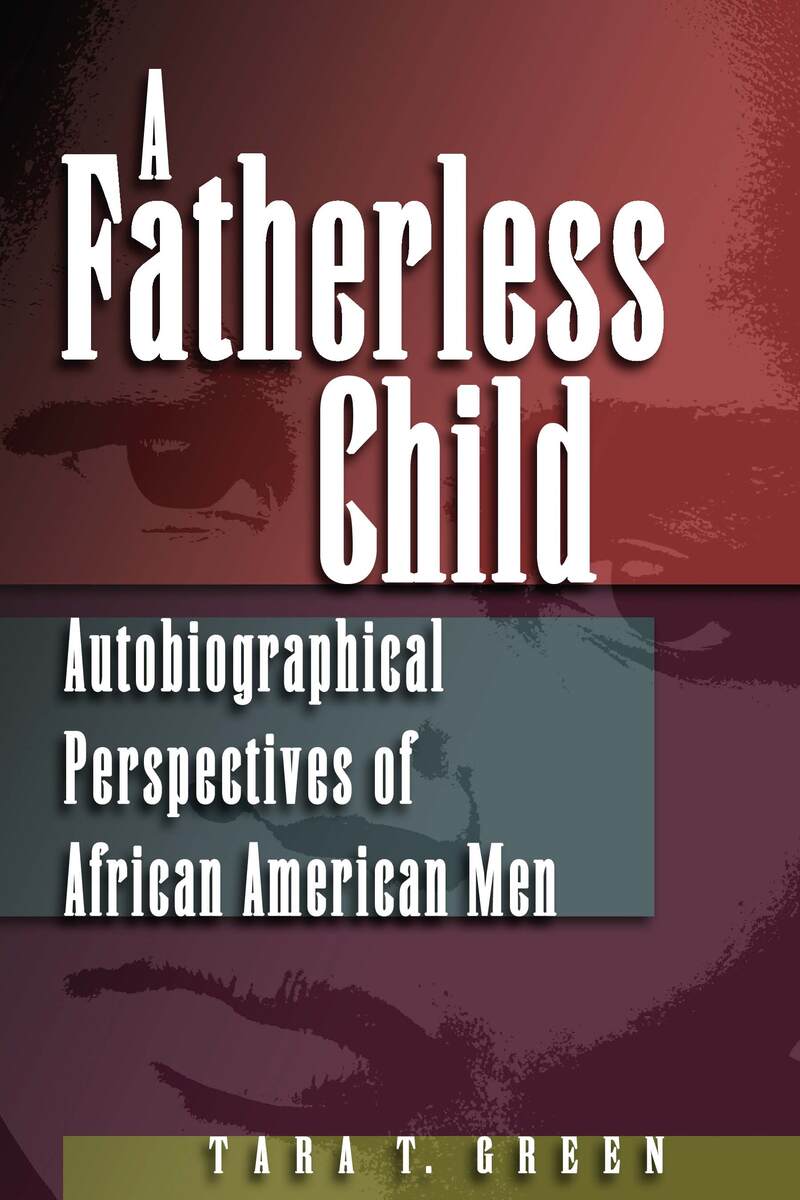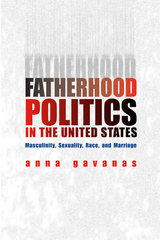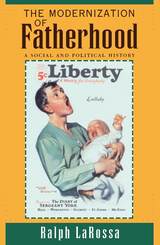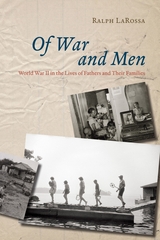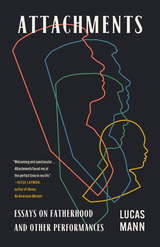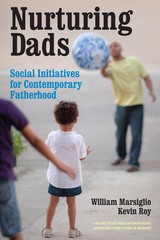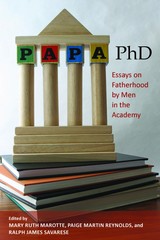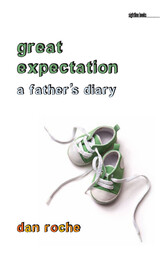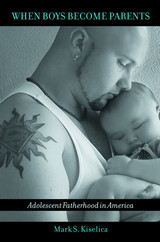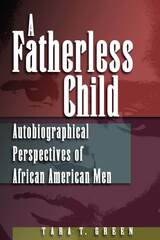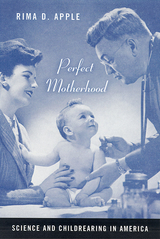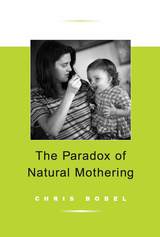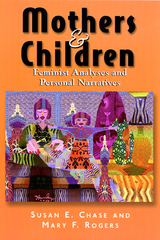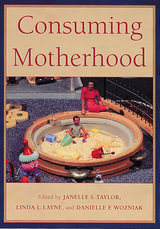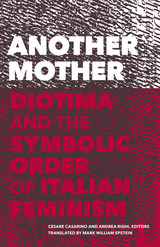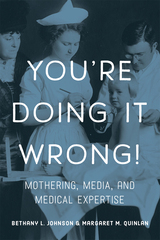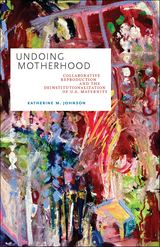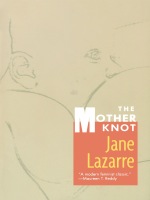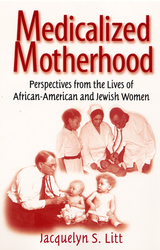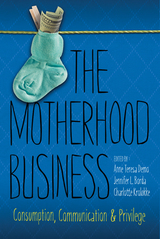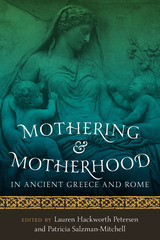A Fatherless Child: Autobiographical Perspectives of African American Men
University of Missouri Press, 2009
eISBN: 978-0-8262-6654-5 | Cloth: 978-0-8262-1821-6
Library of Congress Classification HQ756.8.G74 2009
Dewey Decimal Classification 306.874208996073
eISBN: 978-0-8262-6654-5 | Cloth: 978-0-8262-1821-6
Library of Congress Classification HQ756.8.G74 2009
Dewey Decimal Classification 306.874208996073
ABOUT THIS BOOK | AUTHOR BIOGRAPHY | REVIEWS | TOC | REQUEST ACCESSIBLE FILE
ABOUT THIS BOOK
The impact of absent fathers on sons in the black community has been a subject for cultural critics and sociologists who often deal in anonymous data. Yet many of those sons have themselves addressed the issue in autobiographical works that form the core of African American literature.
A Fatherless Child examines the impact of fatherlessness on racial and gender identity formation as seen in black men’s autobiographies and in other constructions of black fatherhood in fiction. Through these works, Tara T. Green investigates what comes of abandonment by a father and loss of a role model by probing a son’s understanding of his father’s struggles to define himself and the role of community in forming the son’s quest for self-definition in his father’s absence.
Closely examining four works—Langston Hughes’s The Big Sea, Richard Wright’s Black Boy, Malcolm X’s The Autobiography of Malcolm X, and Barack Obama’s Dreams from My Father—Green portrays the intersecting experiences of generations of black men during the twentieth century both before and after the Civil Rights movement. These four men recall feeling the pressure and responsibility of caring for their mothers, resisting public displays of care, and desiring a loving, noncontentious relationship with their fathers. Feeling vulnerable to forces they may have identified as detrimental to their status as black men, they use autobiography as a tool for healing, a way to confront that vulnerability and to claim a lost power associated with their lost fathers.
Through her analysis, Green emphasizes the role of community as a father-substitute in producing successful black men, the impact of fatherlessness on self-perceptions and relationships with women, and black men’s engagement with healing the pain of abandonment. She also looks at why these four men visited Africa to reclaim a cultural history and identity, showing how each developed a clearer understanding of himself as an American man of African descent.
Through her analysis, Green emphasizes the role of community as a father-substitute in producing successful black men, the impact of fatherlessness on self-perceptions and relationships with women, and black men’s engagement with healing the pain of abandonment. She also looks at why these four men visited Africa to reclaim a cultural history and identity, showing how each developed a clearer understanding of himself as an American man of African descent.
A Fatherless Child conveys important lessons relevant to current debates regarding the status of African American families in the twenty-first century. By showing us four black men of different eras, Green asks readers to consider how much any child can heal from fatherlessness to construct a positive self-image—and shows that, contrary to popular perceptions, fatherlessness need not lead to certain failure.
See other books on: African American men | Children of single parents | Cultural & Regional | Fatherless families | Fathers and sons
See other titles from University of Missouri Press
